Future of Offshore and Keelboat Racing
Published on October 30th, 2018
by Craig Leweck, Scuttlebutt
The Future of Offshore and Keelboat Racing was among the discussion forums occurring at the 2018 World Sailing Annual Conference (Oct 27-Nov 4) in Sarasota, FL. It was a very informative session due to the expert presentations by:
Mike Golding (Solo and shorthanded offshore sailing), Richard Brisius (Future of “Volvo” Ocean Race), Dee Caffari (Sustainability in offshore racing), Bruno Finzi (ORC / IRC combined World Championships), Jason Smithwick (Future of UMS), Carlos de Beltran (World Sailing Offshore World Championship), and Oliver Schwall (Growth of Sailing Leagues).
While the session is available to view online, here are some points from Mike Golding regarding what is proving to be an extremely active segment of the sport, and one that is involved in perhaps the most aspirational adventures – shorthanded sailing:
It is hard to have anticipated where we are today with offshore sailing, whether it be design advances, offshore formats, or Olympic aspirations. Offshore sailing is in the spotlight on many levels, but what Golding also observes is the increasing connection with World Sailing and shorthanded competition.
Whereas before there was a separation, perhaps due to the fear of endorsing a segment with inherent safety concerns, or it being far removed from the closed course Olympic style focus that requires more oversight and delivers significant funding, World Sailing is now turning its attention more toward the shorthanded world. This is a good shift.
That World Sailing is looking at a shorthanded offshore world championship is a shift that reflects the growth of this segment of the sport. But what remains important is to ensure shorthanded/ solo sailing has safety record similar to fully crewed races. Technology must fill the shortcomings of the shorthanded community.
It cannot be understated how this community connects with the imagination of the public. The build-up of the prominent shorthanded races attracts an immense fan base to the race village to feed this imagination. People seek to connect with the aura, with the dreams, and with the heroes.
The 2018 Route du Rhum, which starts November 4 and has a massive singlehanded fleet for the transatlantic crossing, will have two million people passing through to see the boats and 350,000 people physically present for the day of the start. It is not necessary to educate these people on the subtleties of the sport, but rather recognize their nationalism interest and their fascination of the boat, the sailor, and the adventure ahead.
The rewards of aligning the interests of the World Sailing with shorthanded sailing is significant, as it is the draw of the heroes that can lead people to take crucial steps toward participation in the sport.


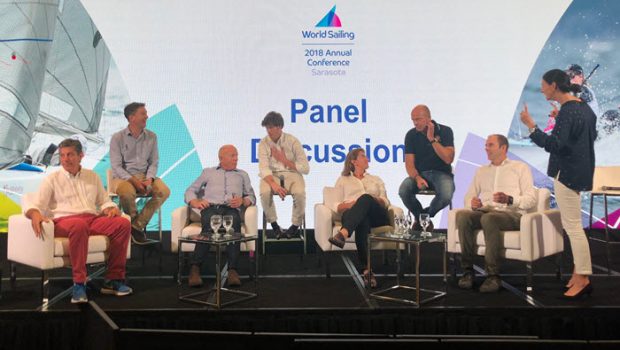


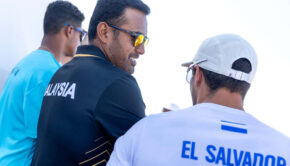
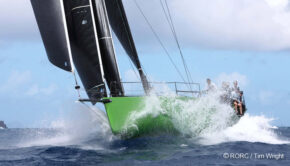
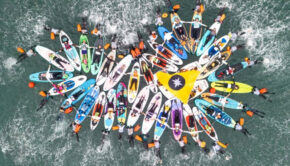
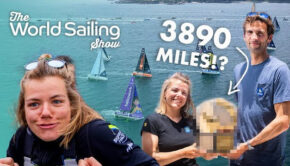
 We’ll keep your information safe.
We’ll keep your information safe.